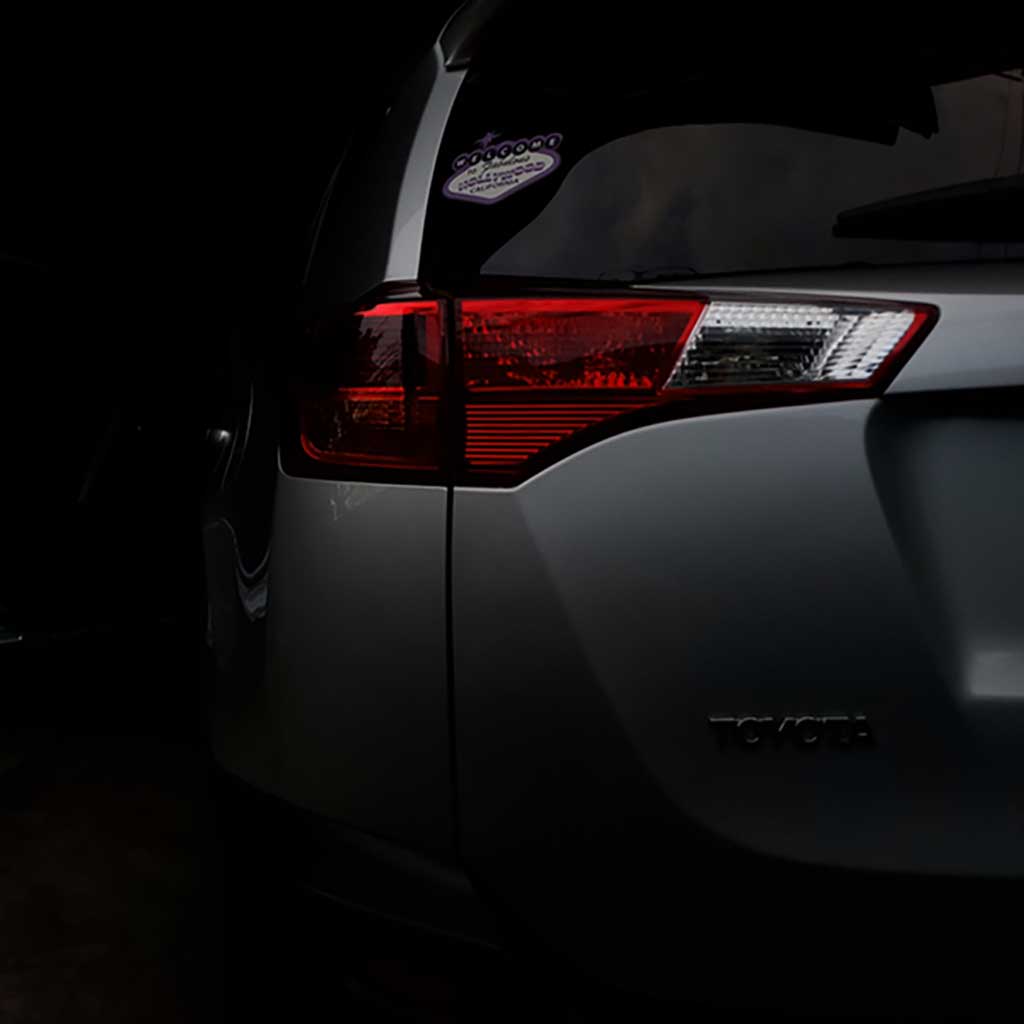Automotive

The automotive industry has been gradually developing since 2001 despite some global events slowing it down from time to time, it always rebounds to a new high once the situation stabilizes.
The Japanese automotive market, for example, is the world’s third-largest. Its yearly volume has fluctuated between 4.9 and 5.5 million units over the last decade, with 2019 concluding at 5.2 million units. Sales declined by 11.6 percent in 2020 as a result of the COVID-19, compared to 2019.
However, the Japanese market began the year well in 2021, with 1.429.744 units sold in the first quarter, representing a 4.2 percent gain in sales over the first quarter of 2020. This trend continued in Q2, with sales up 23.8 percent from the same quarter in 2020. All this signifies that the market is returning to its normal size and pace.
Automotive translation is a broad term that plays a crucial part in various phases of the designing, planning, assembling, and selling of vehicles all throughout the planet. From the base of the world’s biggest vehicle brands to the doors of car dealerships in your town, different sorts of auto translations are taking place and they are crucial for keeping things moving.
The majority of them fall under one of the following categories:
Design: Vehicle design teams are frequently made up of professionals with a variety of linguistic backgrounds, so there is no room for misunderstandings. Documents such as CAD drawings are frequently translated into different languages, necessitating the use of translation services.
Manufacturing: Vehicles are increasingly frequently developed in one nation and built in another or numerous countries. In order for the production to be successful, all processes, materials, and guidelines for execution must be extensively translated.
Safety: Vehicle manufacturing may be hazardous because large objects are lifted, poisonous synthetic substances are employed, surface temperatures are unsafe, and nearly every piece of equipment used to build and test automobiles can be deadly. All of this necessitates extensive safety documentation to be precise and easily understandable.
Manuals: Although few people read user manuals, manufacturers are legally required to offer all essential instructions and safety rules in order to safeguard both drivers and other parties. This necessitates legal document translation expertise.
Marketing: Translation of marketing materials is critical to the effective market penetration of new models, just as it is in every other major global sector. Of course, certain languages and regions make this easy, but others will require the use of localization and desktop publishing experts in order to develop consistent brand advertisements that speak to the intended audience.
If you feel it is time to improve your time-management and pay more attention to your clients
1-StopAsia’s solution for you
Whether your project is advertising, manufacturing, operations-related, or in another field, the breadth of our experience with prominent automotive companies has given us an astute understanding of how translation can favorably impact a particular vehicle’s chances for success and a company’s potential for profit. At 1-StopAsia, we provide the highest standard of services by only using linguists who are experts in the automotive industry. This guarantees excellent and accurate translations for every market.
